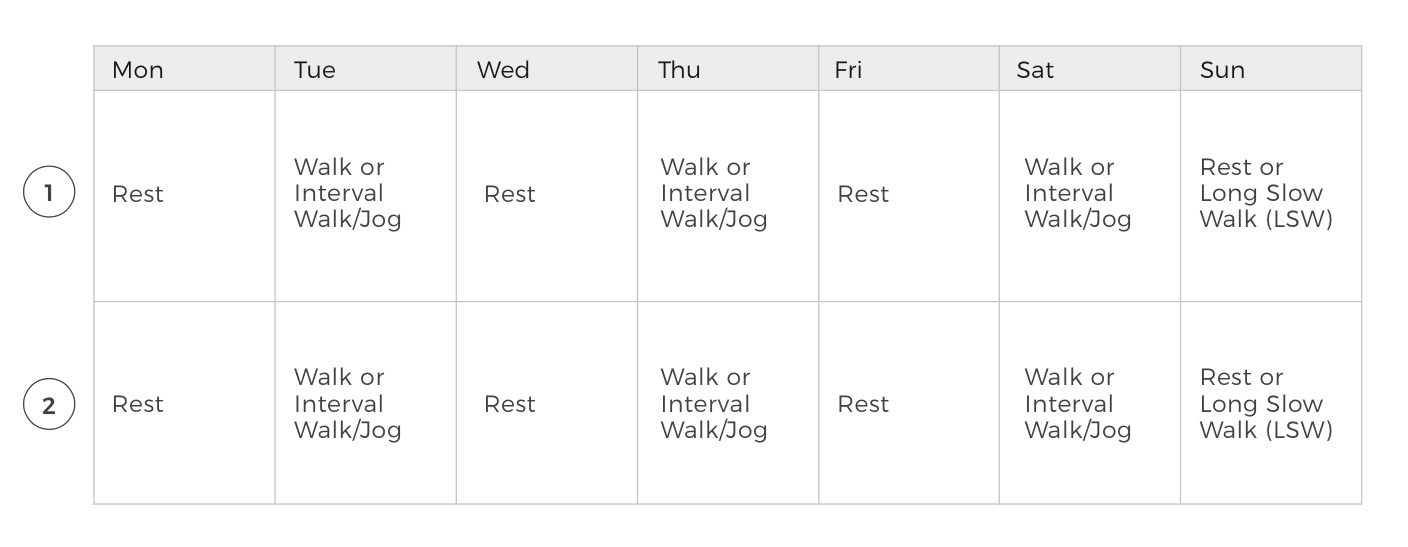
Body
Exercise can be an effective way to improve mental health issues such as anxiety and depression.
Some ways that exercise may help include:
- Reducing stress: Exercise can help reduce the levels of stress hormones in the body, which can reduce feelings of anxiety and stress.
- Boosting mood: Exercise improves mood and reduces feelings of depression by releasing endorphins, chemicals in the brain that act as natural painkillers and mood elevators.
- Improving sleep: Exercise can help enhance the quality of sleep, which is vital for overall mental health.
- Increasing self-esteem: Regular exercise can improve body image and self-esteem, which can help reduce feelings of anxiety and depression.
It's essential to find an exercise routine that works for you and to be consistent with it. Even moderate exercise, such as a brisk walk or bike ride, can significantly benefit mental health. Talking to a healthcare professional if you are experiencing mental health issues is important, as they can provide additional support and treatment options.
You Can Run Longer and Faster

Moving in nature always resets me. I can run, hike, and walk alone or with my dogs, and I always feel better when I finish.
Sometimes I run to train for a race or event, and sometimes I'm just out there to move slowly and enjoy the view.
We Move To Heal inspires me to keep nature a part of my exercise routine as often as possible to benefit my body, mind, and soul.
Jodi Richard, Aspen Colorado
2 Weeks Exercise Calendar Example

Information About Your Body
This article suggests 5 practices you could implement into your morning routine to fill your day with purpose and intention through positivity and balance.
Hip strength and mobility play a crucial role in the performance of athletes. Strong hips are essential for maximizing power, stability, and injury prevention, whether you're a runner, a soccer player, a skier, or a weightlifter.
Read more about Hip Strength Exercises

